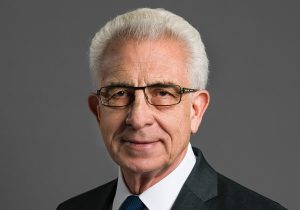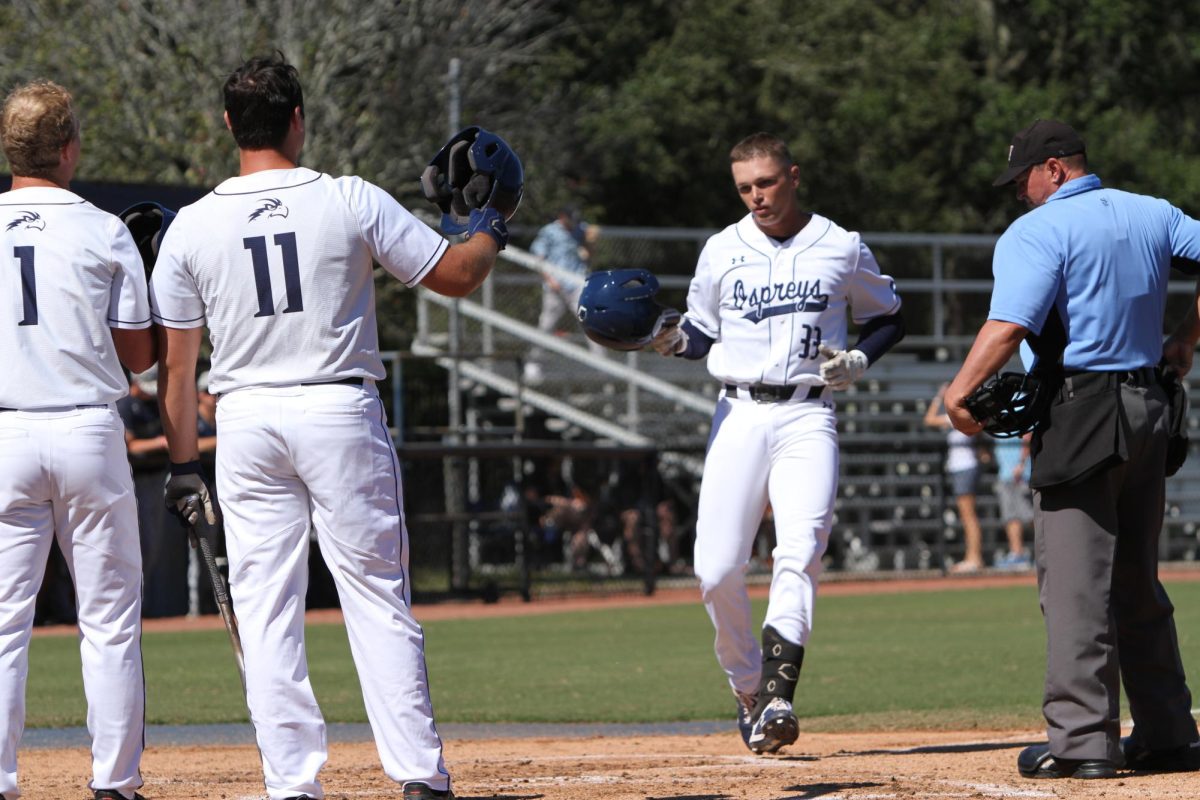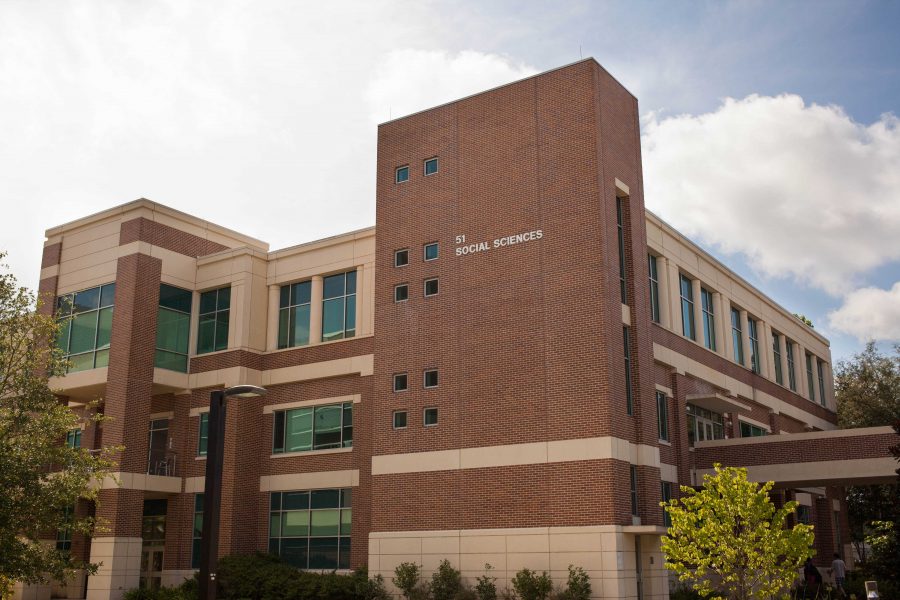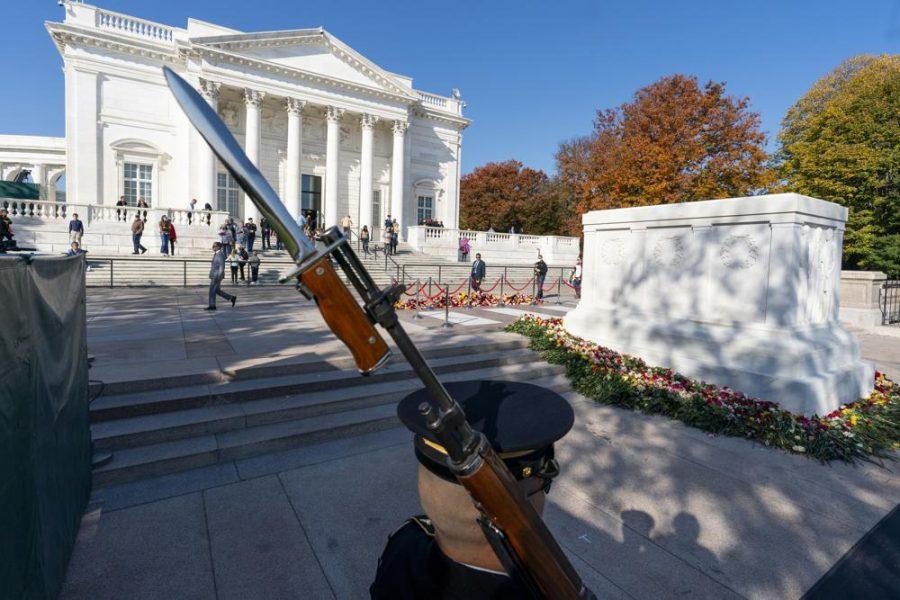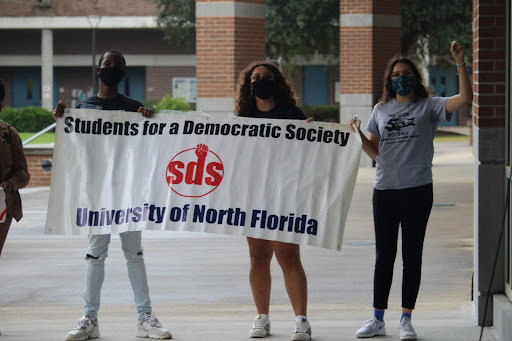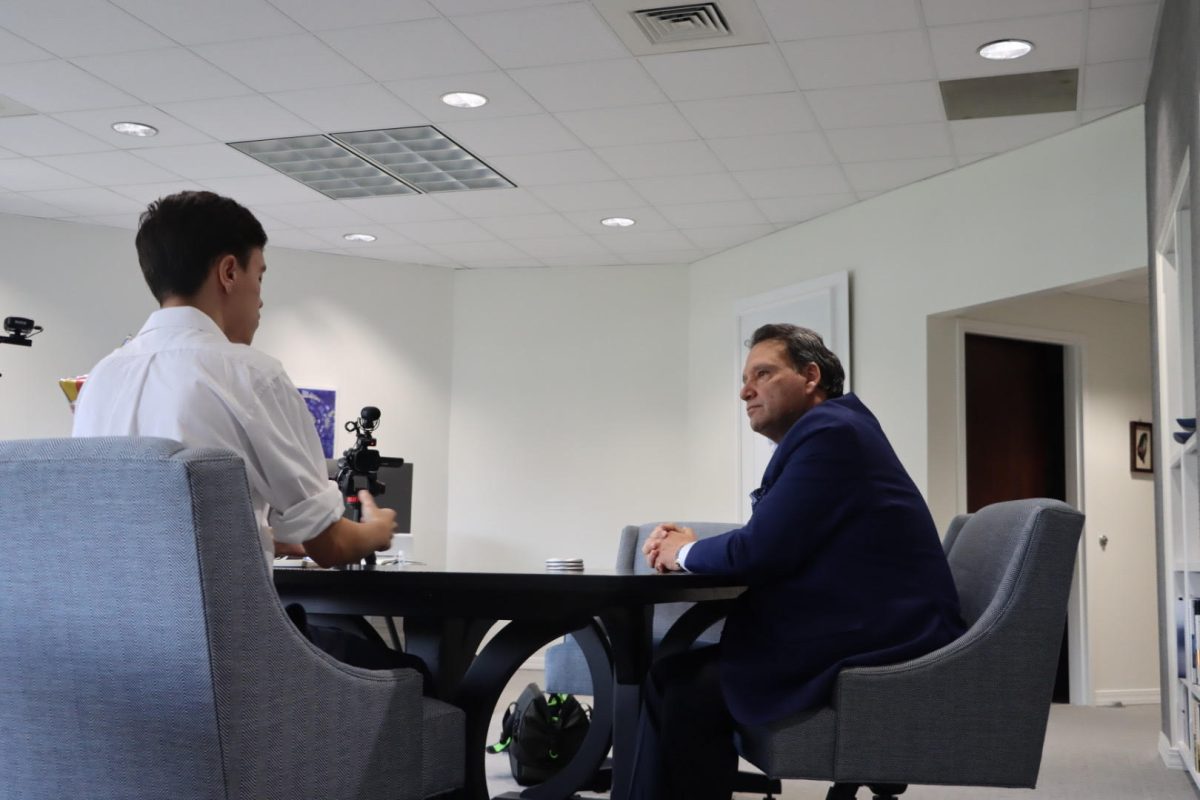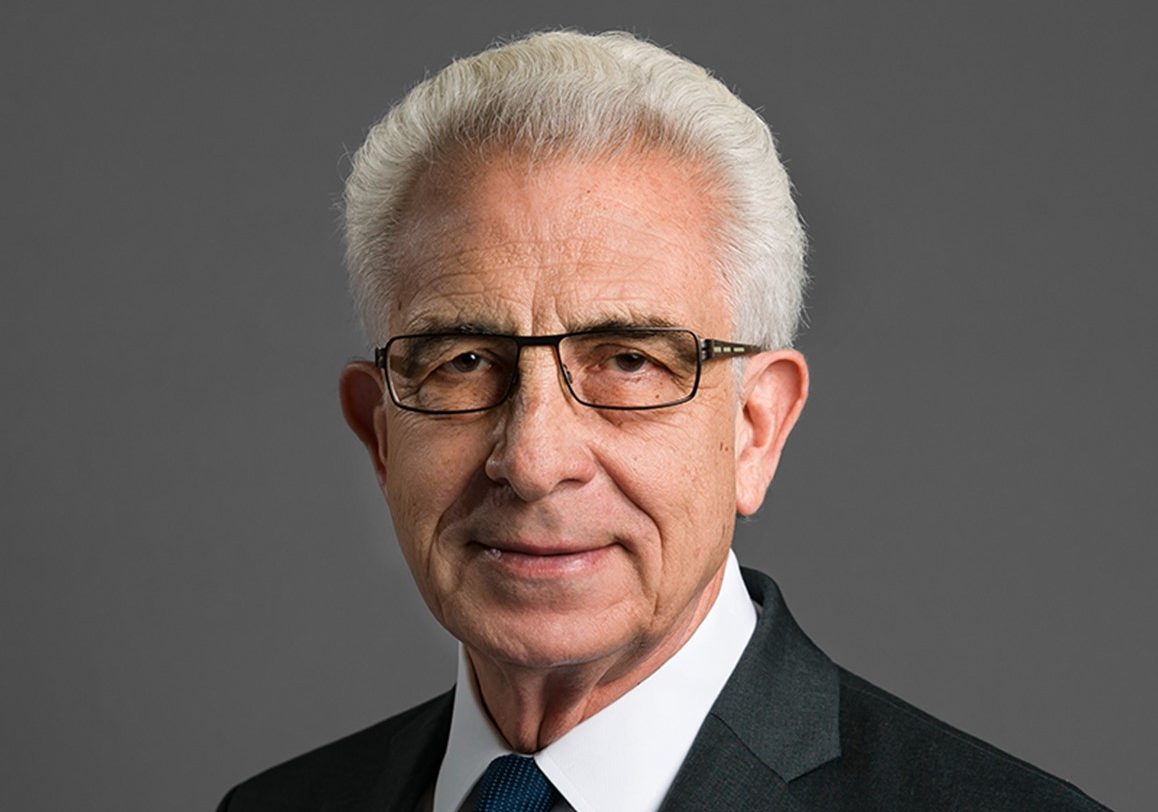
Last week, the Army Corps of Engineers made a decision that halted the construction of the Dakota Access Pipeline (DAPL) that’s being built to carry crude oil through North and South Dakota and Iowa, into Illinois. The project was proposed in 2014 by Energy Transfer Partners (ETP) and on set to be completed sometime this year — a timeline that will definitely be affected by this decision to deny the easement needed for the pipeline to cross under Lake Oahe, ND.
The pipeline has faced serious controversy, gaining the most attention from the protests coming from the Standing Rock Reservation in South Dakota, where Native American’s and activists have been congregating to show support for the tribe and concern for the preservation of water supplies. Nationwide, groups of people with similar concerns have been holding peaceful protests to show that they too stand with Standing Rock, to include UNF’s own group of environmental activists, Divest UNF.
At the Clinton rally in November that brought President Obama to campus, the club knew that crowds of people, both students and members of the greater Jacksonville community, on UNF’s campus.
“We felt obligated to go out with signs and make sure that all of these engaged people were also aware (of the situation at Standing Rock),” said Natalie Sassine, president of Divest UNF. “There were cameras here in Jacksonville and we needed to spread the word, stand in solidarity, and show that Jacksonville cares too.”
Sassine said this halt in construction is an amazing victory, that shows the power of organized people coming and standing together, but she does not believe this is anything more than a temporary pause.
“Energy Transfer Partners, those backing it, and our upcoming presidential administration are more powerful,” she said.
Sassine said the group has their own campaign going here, on campus. Most of what they do is education-based, using their power as students with an already established voice and base of people to get the word out. She said the group did a lot of education amongst themselves, hosting discussions together before going out to publicly discuss or stand with it.
Now that Standing Rock has halted their previous call to action, the camp is in a state of transition. Sassine said they’re planning to send donations, but that what aligns most with what they’re asking now is the Divestment ask the club has had in place at UNF. Their petition asks UNF to “immediately freeze any new investment in fossil-fuel companies, and to divest within five years from direct ownership and from any commingled funds that include fossil-fuel public equities and corporate bonds.”
“They’re asking people to put pressure on banks — people who are benefiting and have stake in the pipelines being built and asking them to divest. That’s kind of exciting, because that’s what we’re doing here on campus,” Sassine further explained, saying that “we have a divestment ask to our administration, and I think this could go into the narrative there. We’re always trying to bring justice into this narrative. It can get a little green washed and that’s not what we’re about — that ignores some of the core issues we believe perpetuate climate change.”
Sassine said she thinks this is a human right’s issue, first and foremost, and that’s why students should be concerned. She also talked some about the Sabal Trail Pipeline, which is being built to span from Central Florida, through Georgia to Alabama. In Florida, much of the concern with Sabal Trail also revolves around the safety of our water, specifically Florida’s natural springs.
While Sassine doesn’t expect the protests to be as large or organized as those opposing the DAPL, she said there are activists setting up camps, and that there is real and direct action being taken.
Divest UNF is working now to decide how they are going to integrate this anti-Sabal Trail fight into their role on campus. They hosted a teach-in on the green and had members talk about it, which is the most they can do at the moment.
“That’s really the most we can do, is just educate other students on it. And of course, anyone can call. The army corps of engineers or call our certain representatives. If you get into the research, it can get really scary,” Sassine said.
There has been talk of sending members out to join the Sabal Trail protests, but the certainty of that is still undecided.
—
For more information or news tips, or if you see an error in this story or have any compliments or concerns, contact [email protected].




